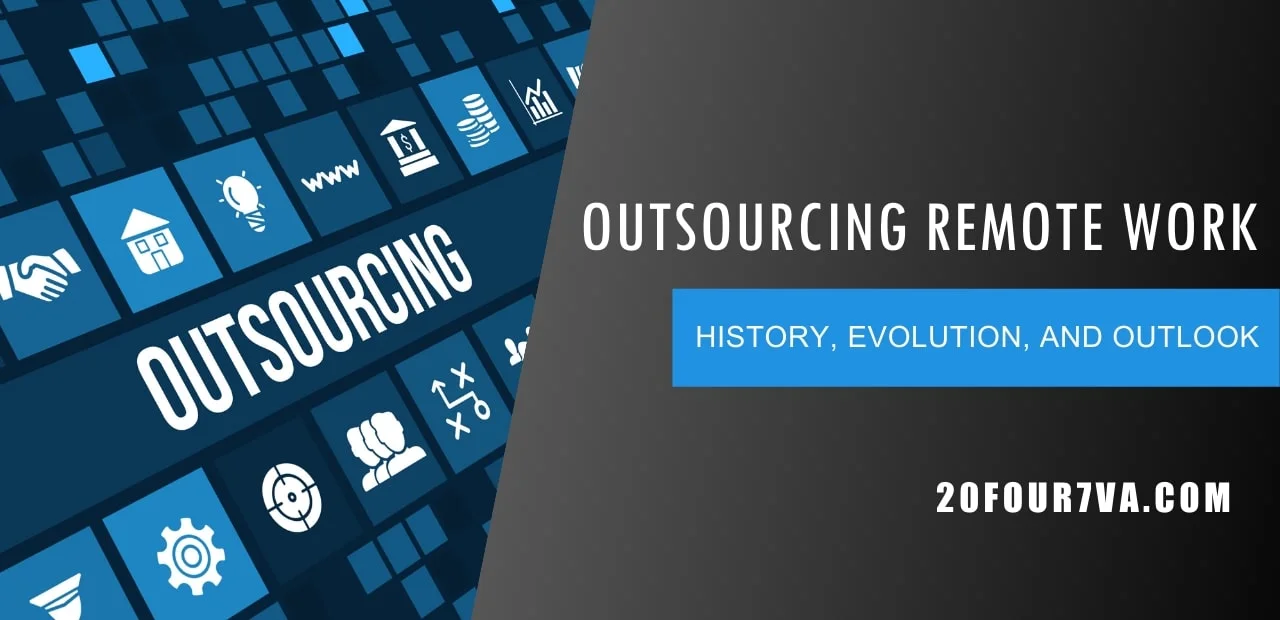Leading Abilities Every Remote Specialist Needs to Do Well
As remote job continues to reshape professional landscapes, recognizing the crucial abilities that add to success in this atmosphere is increasingly vital. Reliable communication, time monitoring, self-motivation, flexibility, and technical proficiency are essential proficiencies that can significantly influence a remote specialist's efficiency. Nonetheless, the nuances of how these skills interconnect and enhance total performance usually continue to be ignored. Discovering these interrelations may expose insights that can boost one's remote work experience to a brand-new level of efficiency. What details approaches can be utilized to cultivate these skills in a significant way?
Reliable Communication Skills
In today's remote workplace, effective communication abilities are crucial for success. When teams are spread throughout different places, the capacity to communicate concepts clearly and listen actively is vital. Solid communication promotes collaboration, minimizes misconceptions, and enhances efficiency.
A key part of effective interaction is adaptability. Remote experts have to be able to tailor their communication styles to fit varied audiences, whether with created records, video clip calls, or immediate messaging. Remote Professionals. Clearness in composed interaction is specifically crucial; concise emails and well-structured files help prevent confusion and guarantee that messages are comprehended as intended
Moreover, active listening plays a vital role in remote interactions. By demonstrating listening and asking making clear concerns, individuals can develop connection and trust amongst employee, which is essential for keeping a natural workplace.
Additionally, knowledge with numerous interaction tools is important. Efficiency in video clip conferencing platforms, project monitoring software application, and collective applications not only enhances communication efficiency but additionally allows seamless teamwork.

Time Administration Methods
How can remote professionals efficiently handle their time in an atmosphere full of distractions and competing priorities? One efficient technique is the Pomodoro Strategy, which includes damaging infiltrate intervals, traditionally 25 minutes long, complied with by short breaks. This approach enhances emphasis and reduces fatigue, permitting experts to keep performance throughout the day.

Furthermore, establishing clear objectives and due dates is critical. Establishing weekly and day-to-day objectives promotes liability and gives an orientation. Using electronic tools such as task administration software application can assist in job monitoring and boost partnership amongst staff member.
Self-Motivation Approaches
Self-motivation is the driving force that enables remote specialists to grow in a flexible workplace. To cultivate this necessary skill, people can execute a number of efficient techniques that promote autonomy and efficiency.
First, setting clear, possible objectives is important. By breaking bigger jobs into smaller, workable milestones, remote employees can preserve emphasis and experience a feeling of achievement as they advance. This approach not only boosts inspiration but additionally gives a roadmap for day-to-day tasks.
Furthermore, developing a committed office can substantially affect self-motivation. A marked area devoid of interruptions aids in producing a specialist mindset, signaling to oneself that it is time to function.
On a regular basis scheduling breaks is one more essential method. Short intermissions aid charge power degrees and receive concentration, protecting against burnout and promoting sustained efficiency throughout the day.
Furthermore, leveraging favorable reinforcement can improve inspiration. Celebrating tiny wins or satisfying oneself after completing tasks can develop a positive feedback loophole that urges ongoing effort.
Eventually, adopting these self-motivation methods equips remote experts to keep high degrees of performance and contentment in their work, guaranteeing they remain involved and effective in their functions.
Versatility and Adaptability
Flexibility and adaptability are critical characteristics for remote experts browsing the ever-changing landscape of remote job. As companies significantly welcome crossbreed designs and moving priorities, remote workers need to be prepared to adapt to new conditions with dexterity. This calls for a way of thinking that embraces adjustment instead of resists it.
Remote experts often encounter differing time zones, varied team characteristics, and advancing project requirements. Those who can pivot swiftly in response to these challenges are more probable to preserve productivity and foster partnership. look at here Flexibility in organizing can additionally improve work-life balance, enabling specialists to maximize their result while suiting individual commitments.
In addition, adaptability expands beyond plain routine change; it entails a willingness to discover and embrace brand-new tools or approaches as they important site develop. Continual learning and visibility to responses are important elements that equip remote employees to thrive in unpredictable atmospheres. By cultivating these skills, remote specialists not just boost their own efficiency however additionally add positively to their organizations and teams.
Technical Proficiency
In the context of remote job, technical efficiency is increasingly essential as professionals count on different electronic devices to facilitate interaction, cooperation, and project management. Mastery of software program applications, cloud platforms, and interaction tools is important for seamless operations. This includes knowledge with video clip click for more conferencing tools like Zoom or Microsoft Teams, project management software such as Asana or Trello, and joint systems like Google Office or Slack.
Additionally, technical proficiency reaches understanding cybersecurity techniques, making certain that delicate details continues to be secured during digital communications. Remote specialists must also be experienced at troubleshooting common technological problems, as reliance on modern technology indicates that troubles can emerge suddenly. This capability not just minimizes downtime yet likewise contributes to a much more reliable process.
Additionally, remaining upgraded on emerging innovations and trends in remote work can give a competitive side, allowing professionals to utilize new devices that enhance performance. Generally, technological effectiveness is a foundational ability that equips remote employees to navigate the digital landscape efficiently, guaranteeing they can contribute meaningfully to their jobs and groups. In an increasingly electronic globe, this capability is not simply beneficial; it is necessary for success.
Verdict
In verdict, the successful navigation of remote job environments requires a detailed ability incorporating efficient interaction, adept time administration, robust self-motivation, and the capacity to adjust to altering scenarios. Furthermore, efficiency in appropriate technological tools is vital for keeping productivity and collaboration. By cultivating these vital skills, remote specialists can boost their performance, foster favorable interactions with colleagues, and inevitably thrive within the evolving landscape of remote job.
As remote work proceeds to reshape professional landscapes, recognizing the essential skills that add to success in this atmosphere is significantly vital.Flexibility and flexibility are important traits for remote specialists browsing the ever-changing landscape of remote work. By cultivating these skills, remote experts not only boost their very own efficiency however likewise contribute positively to their groups and companies.
In the context of remote work, technical efficiency is significantly essential as experts depend on different digital tools to facilitate interaction, task, and cooperation management. By growing these essential skills, remote experts can improve their efficiency, foster favorable communications with colleagues, and eventually prosper within the evolving landscape of remote work.